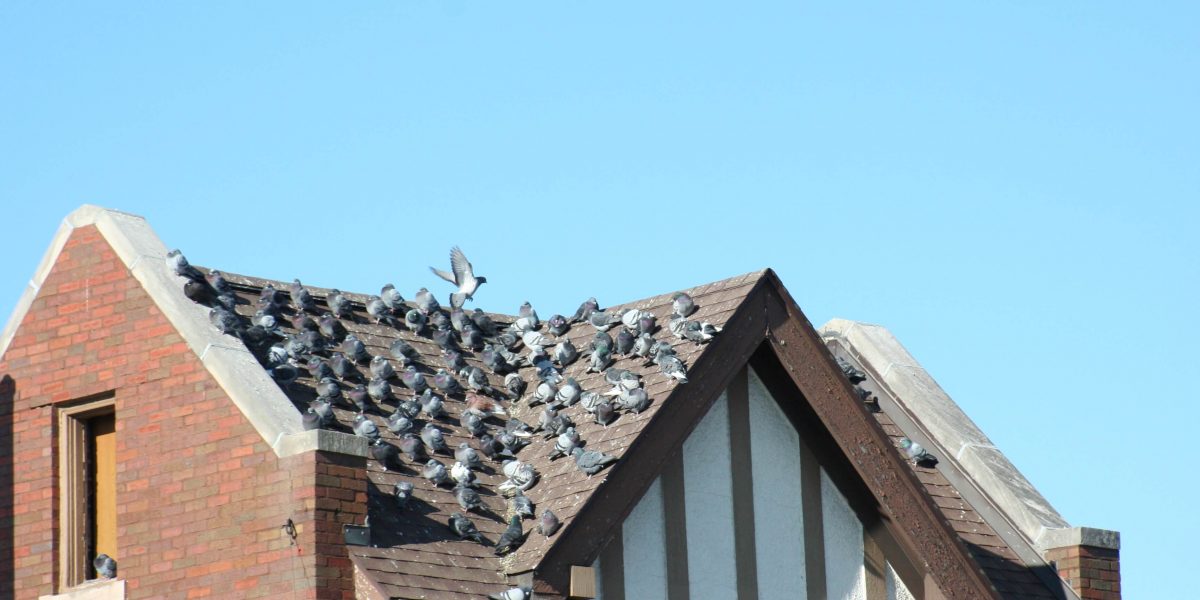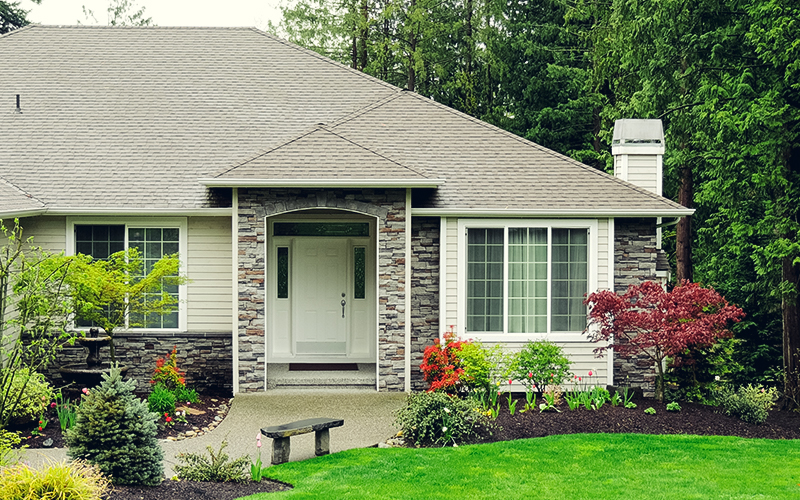Warning Signs Your Home Might Be Under a Bird Infestation

Have you noticed an uptick in feathered visitors around your home lately? While birds can bring a touch of nature’s beauty to our surroundings, they can also cause problems when they decide to make our homes their own. Let’s explore the signs that your home might be under a bird infestation.
Nests and Nesting Materials
Keep an eye out for nests or nesting materials in and around your home. Birds often build nests in sheltered areas like gutters, vents, and eaves. Look for signs of nesting activity, such as twigs, leaves, feathers, or other materials gathered in one spot. Finding a nest may indicate that birds have already established a presence on your property and are preparing to lay eggs and raise their young. For advice on what to do next, head to apexbirdcontrol.uk. The team can assess the situation and see what steps should be taken.
Bird Droppings
Bird droppings are not only unsightly but can also pose health risks to humans and pets. If you notice an accumulation of bird droppings in certain areas of your home or property, it could be a sign of a bird infestation. Common areas where bird droppings may accumulate include window sills, rooflines, and outdoor furniture.
Damage to Vegetation
In addition to causing damage to structures, birds can also wreak havoc on your garden or landscaping. Look for signs of bird-related damage such as pecked fruits or vegetables, trampled plants, or dug-up seedlings. Consider implementing bird deterrents or protective measures to safeguard your vegetation from further damage. By addressing the root cause of the infestation, you can protect your plants and preserve the beauty of your outdoor space.
Should You Clean Bird Guano by Yourself?
Undoubtedly, bird guano looks terrible on your home. It stands out a mile, bringing down the aesthetic of the bricks, the look of new roof tiles, and the cleanliness of windows. Even if your house is brand-new, bird guano has the art of making it look old and uncared for instantly.
Of course, homeowners want a solution, which is keeping the birds away from the beginning. But, what should you do if you already have bird guano? Don’t be tempted to clean this off by yourself. Let’s take a look at the reasons why.
Causes Damage to the Building
You might be aware that bird guano can damage your home. Uric acid can be corrosive, which can destroy paint and wood, as well as stain bricks if it’s left for a long time. Consequently, this is one of the reasons why homeowners want to try to remove it. But, they’re unaware that their actions can make matters worse.
Scrubbing at uric acid can cause more damage to materials, and this is particularly true if they’re porous. You can be causing more destruction if you’re not trained or have the right resources to remove bird guano.
Becomes a Health Hazard
Did you know that you can get sick from bird guano? We’re not just talking about when it comes into contact with skin. Dry guano, when inhaled, can cause respiratory problems. This is a risk you don’t want to take, which is why experts are important for this task. You could become sick with salmonella, histoplasmosis or cryptococcosis.
Be Aware of the Heights
Most homeowners clean their own windows and the exterior of their homes in the spring without giving it a second thought. Consequently, they believe that scrubbing away bird guano will be a walk in the park. However, this is not the case since you’re going to be working at a height. You’ll need to erect a tall ladder to reach the upper window sills, ledges and roof, where birds like to perch. This includes not having any safety equipment or experience cleaning while up a ladder. Not only can this be scary, but it becomes very dangerous for those without training.
Look Out for Nests
Large amounts of guano indicate you’ve got a bird infestation. The problem that many homeowners have is that they can’t see the extent of the problem until they’re up there. Unfortunately, there could be the presence of a nest, which is something you don’t want to disturb or destroy. Doing this, even accidentally, can land you in big trouble with the law. According to the Wildlife & Countryside Act 1981, you can’t damage them. Otherwise, you could be given a large fine.
Conclusion
Being aware of the warning signs of a bird infestation is the first step towards protecting your home and property from potential damage and health risks. By keeping an eye out, you can take proactive measures to address any issues before they escalate. If you suspect a bird infestation in your home, don’t hesitate to seek professional assistance to safely and effectively resolve the problem.




